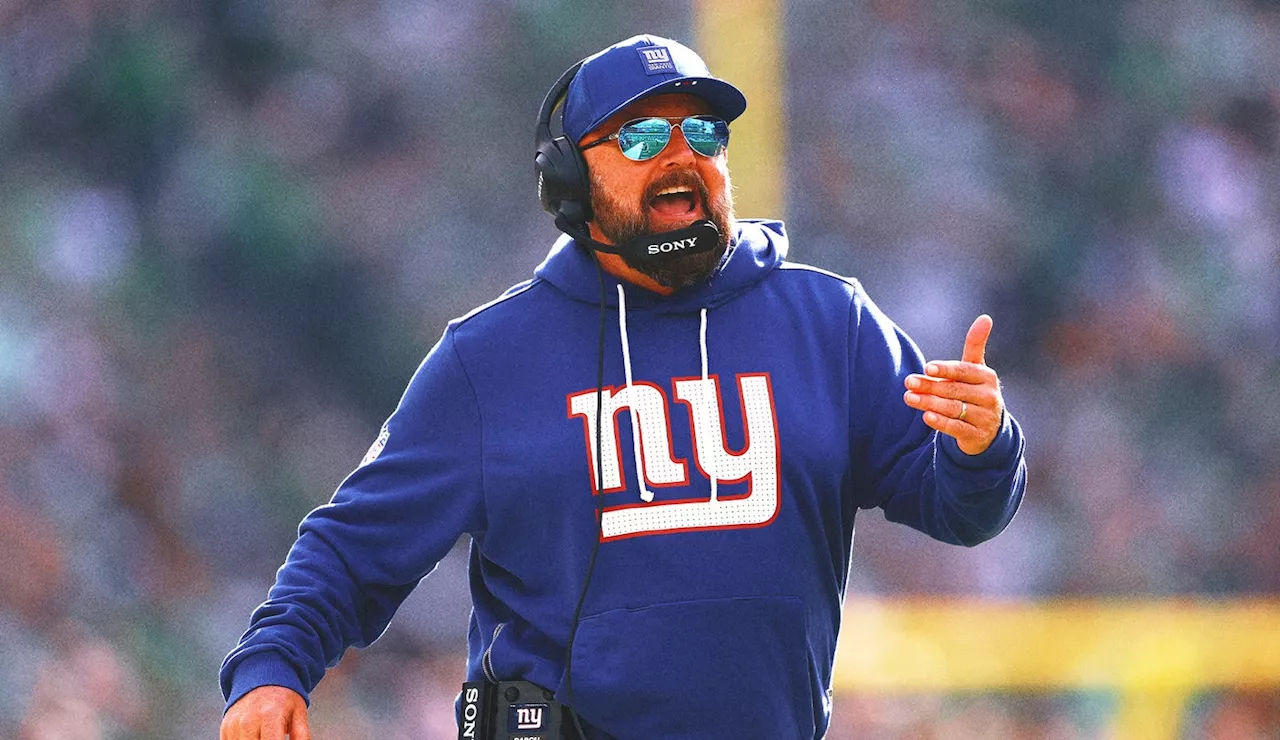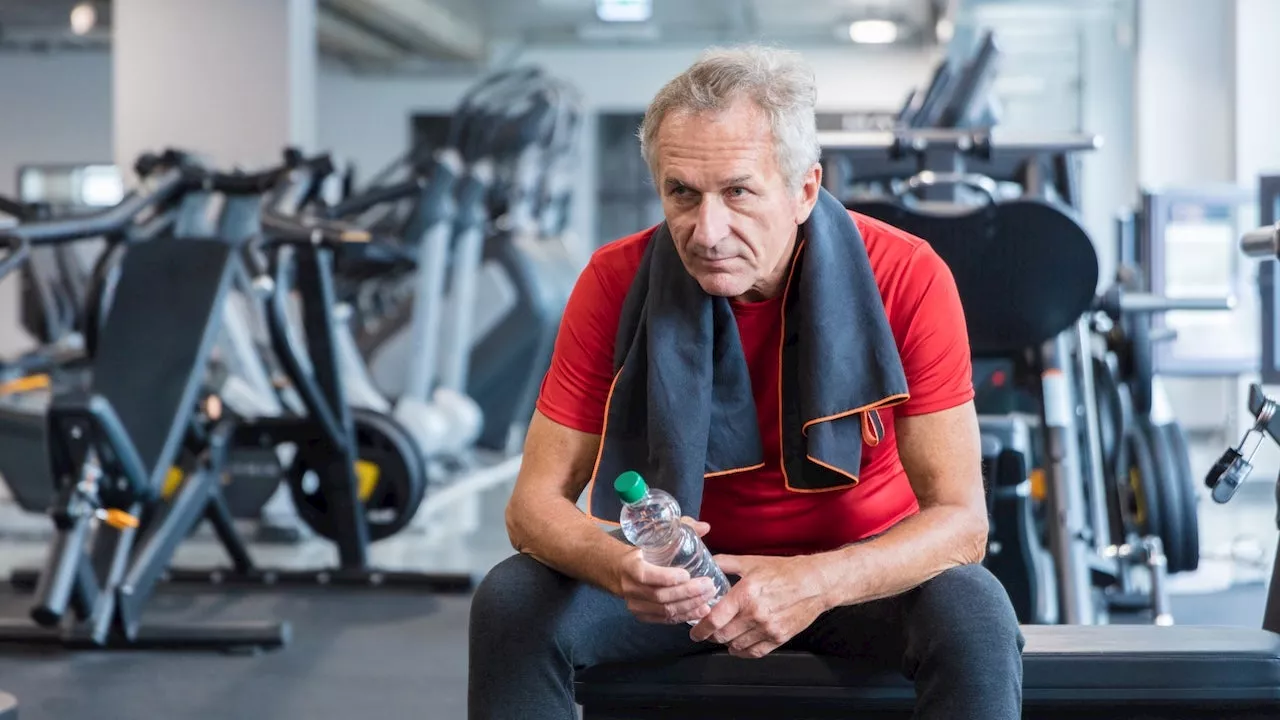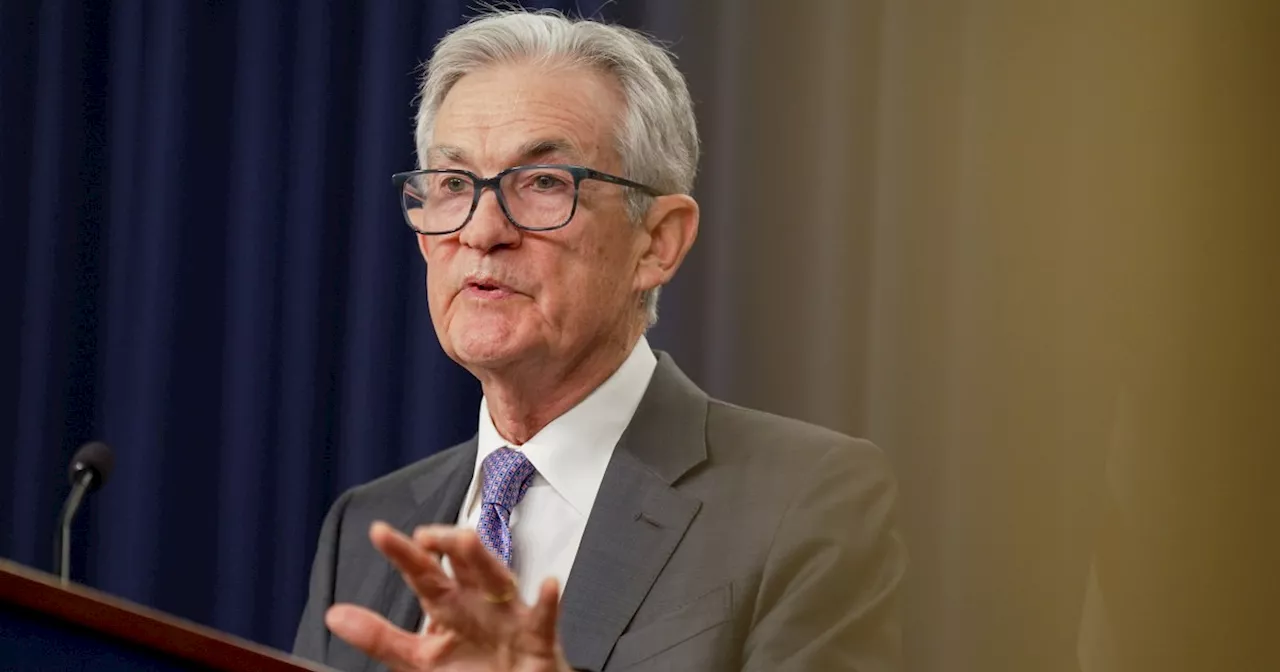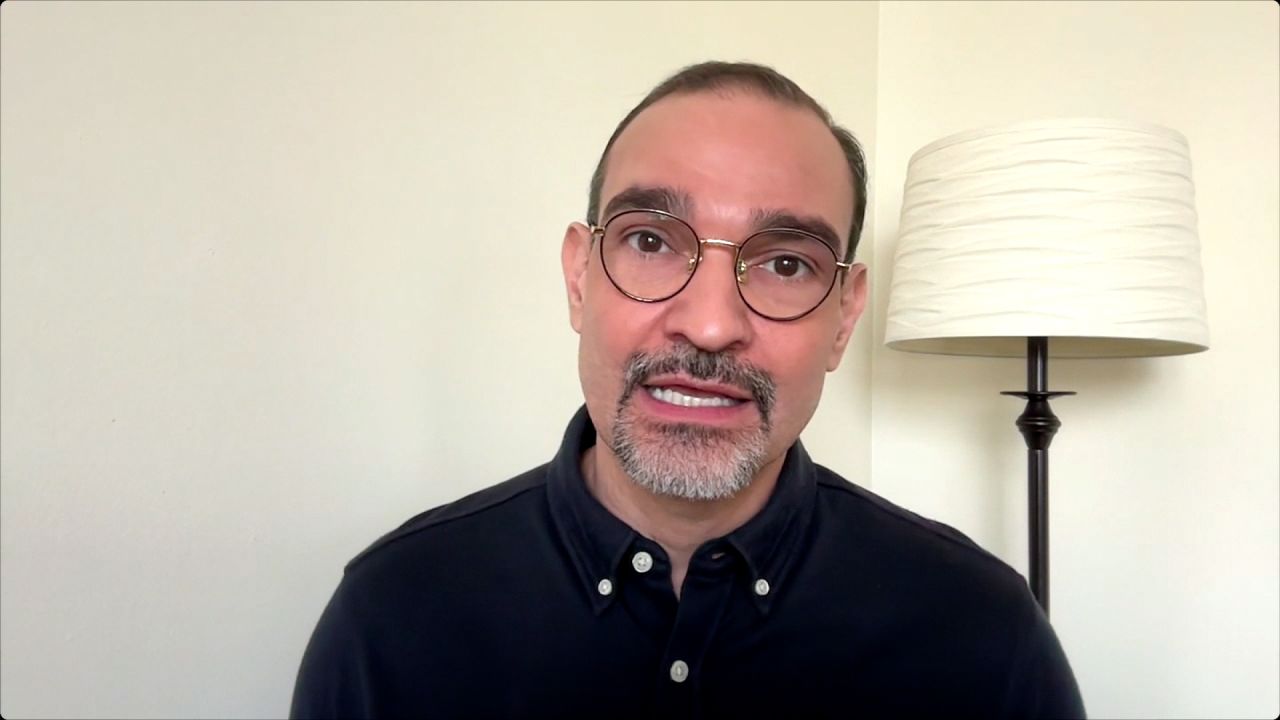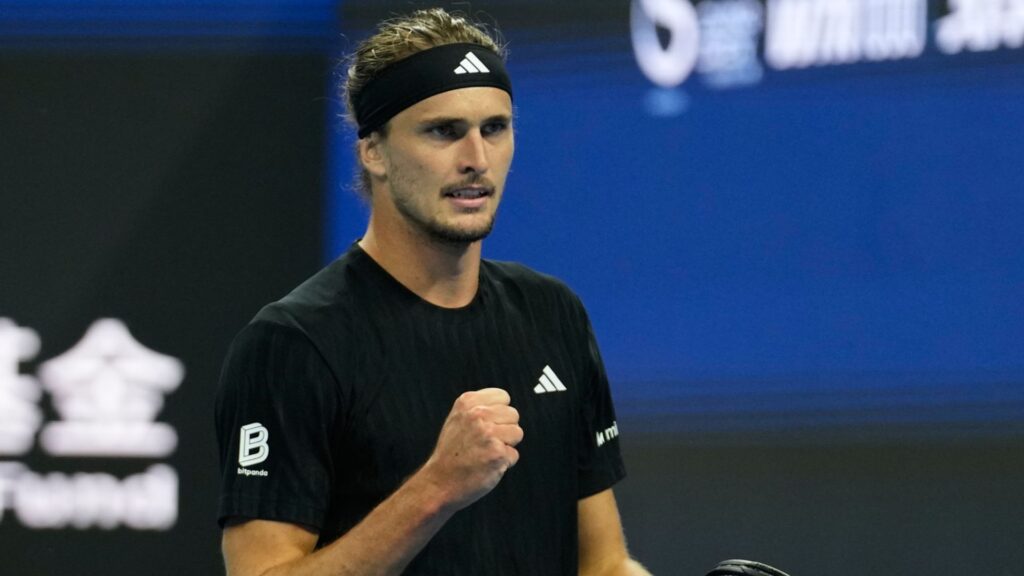
In a recent post-match interview, Alexander Zverev expressed concerns regarding perceived favoritism towards the top players on the ATP Tour, specifically Carlos Alcaraz and Jannik Sinner. Following his victory over Valentin Royer at the Shanghai Masters, Zverev stated that tournament organisers are intentionally slowing down the courts to benefit these rising stars. His remarks highlight an ongoing debate within the sport about court conditions and their impact on competitive play.
Zverev, currently ranked No. 3 in the world, overcame a toe injury to secure the match with a score of 6-4, 6-4. Despite the win, he voiced his dissatisfaction with the current direction of tennis, suggesting that the uniformity of court surfaces diminishes the variety of playing styles. “I think the tournament directors are going towards that direction because, obviously, they want Jannik and Carlos to do well every tournament and that’s what they prefer,” he stated. He added, “Tennis needs different game styles, tennis needs a little bit of variety and I think we’re lacking that right now.”
Injury Concerns and Competitive Integrity
During the match, Zverev required on-court treatment for his toe, which he injured while serving. “I landed funny on my toe and after that I could barely do a step,” he explained. Despite the discomfort, he managed to complete the match and progress in the tournament, although he expressed concerns about his overall health for the remainder of the season.
“We will see if I will ever be healthy this year again, because it’s been a struggle but I’m happy to be through,” Zverev noted. His comments come amid a broader discussion regarding the physical demands placed on players and the influence of court conditions on performance.
Voices from the Tennis Community
Zverev’s critiques echo sentiments expressed by other prominent figures in tennis. Roger Federer, during a September 2023 appearance on the ‘Served With Andy Roddick’ podcast, similarly questioned the impact of court speeds. “We need to have not only fast courts, but what we would want to see is Alcaraz or Sinner figure it out on lightning fast courts and then have the same match on super slow courts and see how that matches up,” he stated. His comments reflect a desire for varied conditions that would challenge players differently across tournaments.
Nick Kyrgios has also weighed in on this issue, advocating for more variety in surface speeds: “I’d like to see more variety. It’s good to play on [fast] courts like these, where aggressive tennis gets rewarded a little bit more.” His remarks suggest a shared concern among players regarding the standardization of court conditions and its effects on the game.
Addressing the court speeds at the upcoming 2024 US Open, tournament director Stacey Allaster explained that the aim is a “medium fast” pace, with an average court pace index (CPI) of 42. Allaster emphasized the importance of maintaining a balance that accommodates different playing styles.
As for the Shanghai Masters, reports indicate a substantial decrease in court speed, with the CPI dropping from the 40-41 range in previous years to 32.9 in 2025. This change has made the courts noticeably slower, potentially impacting player performance and match dynamics.
In other matches at the Shanghai Masters, Cameron Norrie advanced to the third round by defeating Arthur Cazaux with a score of 6-3, 0-6, 7-6 (7-5). Additionally, Alex de Minaur overcame Camilo Ugo Carabelli in straight sets, winning 6-4, 6-2. Meanwhile, Stefanos Tsitsipas withdrew from his scheduled match against Czech qualifier Dalibor Svrcina due to a leg injury.
The ongoing dialogue surrounding court conditions and player performance raises important questions about the future of tennis and the integrity of competition. As players like Zverev, Federer, and Kyrgios continue to voice their concerns, it remains to be seen how tournament organisers will respond to calls for greater variety and fairness in the sport.
